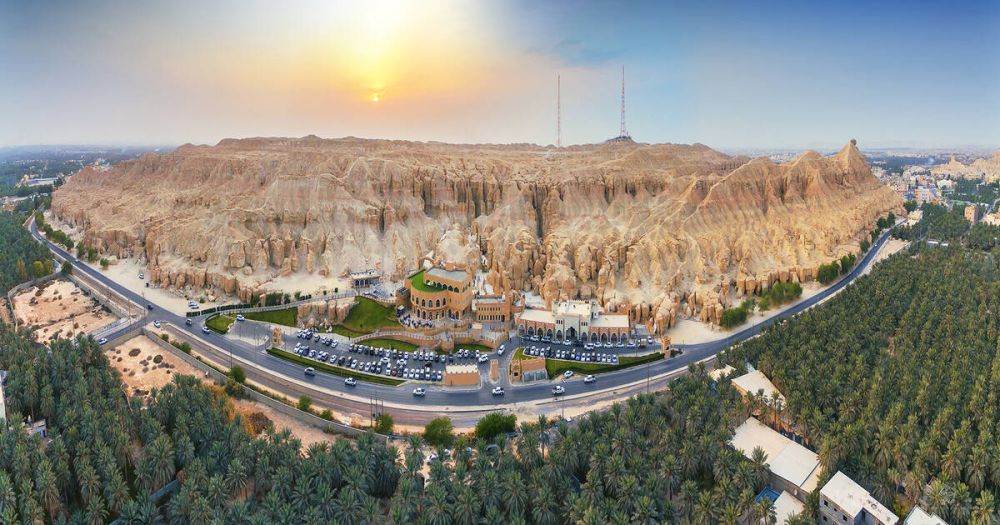

Al Ahsa, also spelled Al-Hasa or Al-Hassa, is a traditional oasis region in Eastern Saudi Arabia. Its history of human settlement dates back to Neolithic times, making it a rich repository of culture, tradition, and history. The name "Al Ahsa" is believed to have been derived from the Arabic word for the sound of water flowing underground, reflecting the area's unique hydrological history.
Although Al Ahsa's tourism industry cannot be discussed in the same ancient context as its human settlement, it has experienced a considerable upswing with the development of the Kingdom's modern statehood. The area's initial appeal to visitors stemmed from its historical sites and natural beauty, with a particularly strong religious and cultural significance for the Muslim world.
With the discovery of oil in the Eastern Province in the 20th century, the region's infrastructure began to develop. Visitors initially were connected to the oil industry but eventually, the region's attractiveness grew, making it a destination for heritage and culture enthusiasts. The Saudi government, recognizing the potential of Al Ahsa, began to invest in the tourism sector to diversify the economy and capitalize on the rich historical assets of the region.
A pivotal moment in the history of Al Ahsa tourism came in 2018 when UNESCO designated Al Ahsa Oasis as a World Heritage site. This acknowledgment propelled the oasis onto the global stage, highlighting its 2.5 million date palms, the ancient qanat irrigation system, and the remnants of historical buildings and trade routes.
In recent years, with Vision 2030, Saudi Arabia's ambitious blueprint for the future, the potential for tourism in Al Ahsa has further risen. The plan includes a focus on developing the tourism and cultural sectors, making Al Ahsa an integral part of the country's tourism strategy.
The growth in Al Ahsa's tourism is a testament to its adaptability and the richness of its offerings. From an oasis of palm trees and a crossroad of civilizations to a modern-day heritage site, Al Ahsa continues to embrace its past while looking to a future of increased tourism and global recognition.